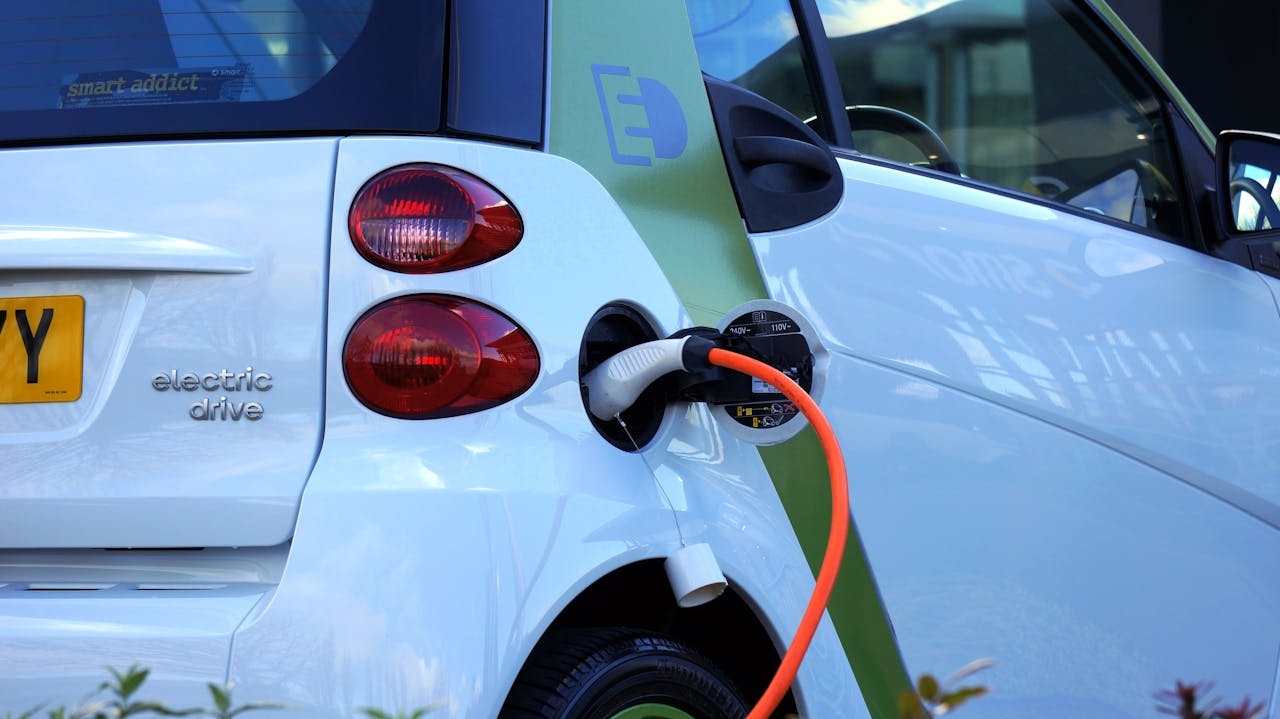Former President Donald Trump on Monday revoked a 2021 executive order by his successor, Joe Biden, which aimed for electric vehicles (EVs) to account for half of all new car sales by 2030. While Biden’s target wasn’t legally binding, it received strong backing from major U.S. and international automakers.
In addition to rescinding the order, Trump announced plans to direct federal agencies to reconsider proposed regulations mandating stricter emissions standards. These rules, initially introduced during Biden's administration, would have required automakers to ensure that 30% to 56% of their vehicle sales by 2032 were electric to meet compliance standards.
The rollback signals a shift in federal priorities regarding clean energy and the adoption of EVs. Biden's EV push was a central part of his administration’s climate agenda, emphasizing a transition away from fossil fuels and boosting domestic EV manufacturing. Automakers had prepared for these changes, investing heavily in EV production to meet the anticipated demand.
Trump’s move could impact both the pace of EV adoption and the regulatory landscape for the automotive industry. Critics argue the reversal undermines climate change efforts and hampers the U.S.'s competitiveness in the global EV market, where countries like China are rapidly advancing. Supporters, however, claim the decision will relieve regulatory pressure on automakers and offer consumers greater freedom of choice.
This latest policy change underscores the ongoing debate over emissions standards, energy policy, and the role of government in shaping the future of transportation. Industry observers and environmental advocates will closely watch its effects on EV development and adoption in the U.S. market.



 Trump Allegedly Sought Airport, Penn Station Renaming in Exchange for Hudson River Tunnel Funding
Trump Allegedly Sought Airport, Penn Station Renaming in Exchange for Hudson River Tunnel Funding  SpaceX Pushes for Early Stock Index Inclusion Ahead of Potential Record-Breaking IPO
SpaceX Pushes for Early Stock Index Inclusion Ahead of Potential Record-Breaking IPO  Nvidia, ByteDance, and the U.S.-China AI Chip Standoff Over H200 Exports
Nvidia, ByteDance, and the U.S.-China AI Chip Standoff Over H200 Exports  China Warns US Arms Sales to Taiwan Could Disrupt Trump’s Planned Visit
China Warns US Arms Sales to Taiwan Could Disrupt Trump’s Planned Visit  Australian Scandium Project Backed by Richard Friedland Poised to Support U.S. Critical Minerals Stockpile
Australian Scandium Project Backed by Richard Friedland Poised to Support U.S. Critical Minerals Stockpile  SoftBank and Intel Partner to Develop Next-Generation Memory Chips for AI Data Centers
SoftBank and Intel Partner to Develop Next-Generation Memory Chips for AI Data Centers  CK Hutchison Launches Arbitration After Panama Court Revokes Canal Port Licences
CK Hutchison Launches Arbitration After Panama Court Revokes Canal Port Licences  Sony Q3 Profit Jumps on Gaming and Image Sensors, Full-Year Outlook Raised
Sony Q3 Profit Jumps on Gaming and Image Sensors, Full-Year Outlook Raised  Trump Allows Commercial Fishing in Protected New England Waters
Trump Allows Commercial Fishing in Protected New England Waters  Trump Signs Executive Order Threatening 25% Tariffs on Countries Trading With Iran
Trump Signs Executive Order Threatening 25% Tariffs on Countries Trading With Iran  Marco Rubio Steps Down as Acting U.S. Archivist Amid Federal Law Limits
Marco Rubio Steps Down as Acting U.S. Archivist Amid Federal Law Limits  Tencent Shares Slide After WeChat Restricts YuanBao AI Promotional Links
Tencent Shares Slide After WeChat Restricts YuanBao AI Promotional Links  Ford and Geely Explore Strategic Manufacturing Partnership in Europe
Ford and Geely Explore Strategic Manufacturing Partnership in Europe  Oracle Plans $45–$50 Billion Funding Push in 2026 to Expand Cloud and AI Infrastructure
Oracle Plans $45–$50 Billion Funding Push in 2026 to Expand Cloud and AI Infrastructure  SpaceX Updates Starlink Privacy Policy to Allow AI Training as xAI Merger Talks and IPO Loom
SpaceX Updates Starlink Privacy Policy to Allow AI Training as xAI Merger Talks and IPO Loom  Nintendo Shares Slide After Earnings Miss Raises Switch 2 Margin Concerns
Nintendo Shares Slide After Earnings Miss Raises Switch 2 Margin Concerns  South Korea Assures U.S. on Trade Deal Commitments Amid Tariff Concerns
South Korea Assures U.S. on Trade Deal Commitments Amid Tariff Concerns 





























